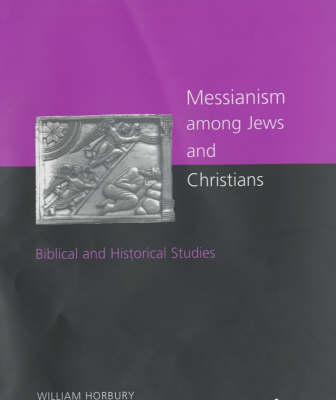Criminal Practice
1 total work
This collection of 12 studies is focused on the Herodian period and the New Testament, but looks back to the Apocrypha and Pseudepigrapha, and onward to Judaism and Christianity in the Roman empire. Within this framework each section includes some treatment of central themes, such as messianism in the Apocrypha and Pseudepigrapha, the Son of man and Pauline hopes for a new Jerusalem, and Jewish and Christian messianism in the second century. There are also studies of some relatively neglected topics, including suffering and messianism in synagogue poetry, and the relation of Christian and Jewish messianism with conceptions of the church and of antichrist and with the cult of Christ and of the saints.Throughout, an attempt is made to set messianism in a broader religious and political context and to explore its setting in religion and in the conflict of political theories - since the ancient Jewish constitution is both a "church" and a "state". Thus conciliar and priestly constitutional ideals in their bearing on Christian messianism form an important theme here, and again one that is relatively little studied.
With regard to religion, there is a study on poetry in honour of Jewish festivals, and a study of the religious as well as political theme of messianism and ruler-cult through study of Herod's temple restoration and the debated reference in Persius to "Herod's days", here interpreted as Herodian festivals kept by Jews in Rome.
With regard to religion, there is a study on poetry in honour of Jewish festivals, and a study of the religious as well as political theme of messianism and ruler-cult through study of Herod's temple restoration and the debated reference in Persius to "Herod's days", here interpreted as Herodian festivals kept by Jews in Rome.
